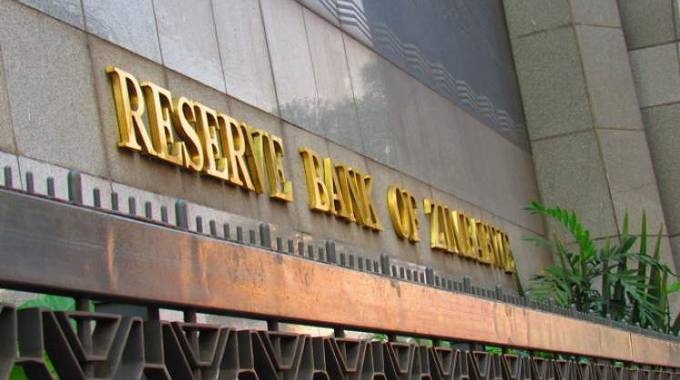JUST IN: Collective job action rights remain problematic

Davies Ndumiso Sibanda
MANY employees have conflict with employers in relation to wages and salaries but are not sure whether it will be legal for them to engage in collective job action.
While the topic of collective job action has been dealt with many times in different forums, there still remains confusion as to how and when workers can engage in collective job action. The confusion has mainly been caused by misinformed workers’ leaders, trade unionists, labour consultants and lawyers.
From experience, it is not easy for workers to arrive at illegal collective job action and many workers who have engaged in collective job action have made errors that have proved costly to them and those they lead to the extent that some careers in life were completely destroyed as the dismissed employees never got another opportunity to work and are now in destitution or have died of stressed. The Labour Act Chapter 28:01 section 104 makes it clear that no employee can go on collective job action over a dispute of right. It is this dispute of right that must be understood by workers because the Act also says after following set procedures, workers can go on collective job action over disputes of interest.
Many worker representatives have led workers into collective job action arguing that the issues in dispute are disputes of interest and end up getting workers dismissed because on scrutiny by the courts, the disputes will be found to be disputes of rights.
Engaging in acts of “legal engineering” where issues of right are presented as matters of interest should not be done as it doesn’t matter how well couched a matter of right is presented as a matter of interest. The courts will inquire into the real nature of the dispute and on finding that it is a dispute of right, it will obviously follow that the collective job action is illegal and related consequences will follow.
The common question is what is a dispute of right? A dispute of right relates to rights given to the employee in the Constitution of Zimbabwe particularly section 65 of the Constitution, rights given to the worker in the Labour Act Chapter 28:01, rights given to the worker in regulations by the Minister of Labour, rights given to the worker in the appropriate CBA where applicable, rights given to the worker in the individual contract of employment, rights given to the worker in the appropriate organizational policies (policy given rights are only enjoyed when the policy is alive as management reserves the right to alter or extinguish policies), and above all common law rights remain alive.
It is the ability of those leading and representing workers to read and interpret laws on these rights that should inform workers on whether to engage in collective job action or not. The procedure for collective job action has created problems for workers who wrongly think the new Constitution gave a blank cheque to engaging in collective job action.
This matter was settled at the Labour Court in the matter National University of Science and Technology vs NUST Educators Association LC/MT/38/18, where the Labour Court ruled that the procedures and regulations set out in section 104 and related sections in the Labour Act Chapter 28:01 were valid and legal as collective job action was not an absolute right thus both the interest of the employer and the employee have to be taken into account through regulation.
It, therefore, follows that processes for collective job action given in Statutory Instrument 217 of 2003 are also applicable as they assist to give life to the provisions of section 104. The effect of all this is that employees who want to engage in legal collective job action over disputes of right, which are the common disputes at work are unlikely to get to legal collective job action because first they have to give notices.
Workers have to be called as guided by Statutory Instrument 217 of 2003, which is a cumbersome process, further they have to appear before the Labour Officer who has 30 days to deal with the matter and if no agreement is reached, will issue a certificate of no settlement together with a certificate of reference of matter to arbitration.
At that point that is the end of contemplated collective job action as the only relief to the arbitration decision if one is unhappy is approaching the Labour Court.
In conclusion, as the law stands, any collective job action related to disputes of right is likely to be illegal unless the employer makes procedural errors in dealing with collective job action.
Davies Ndumiso Sibanda can be contacted on:
email: [email protected]












Comments